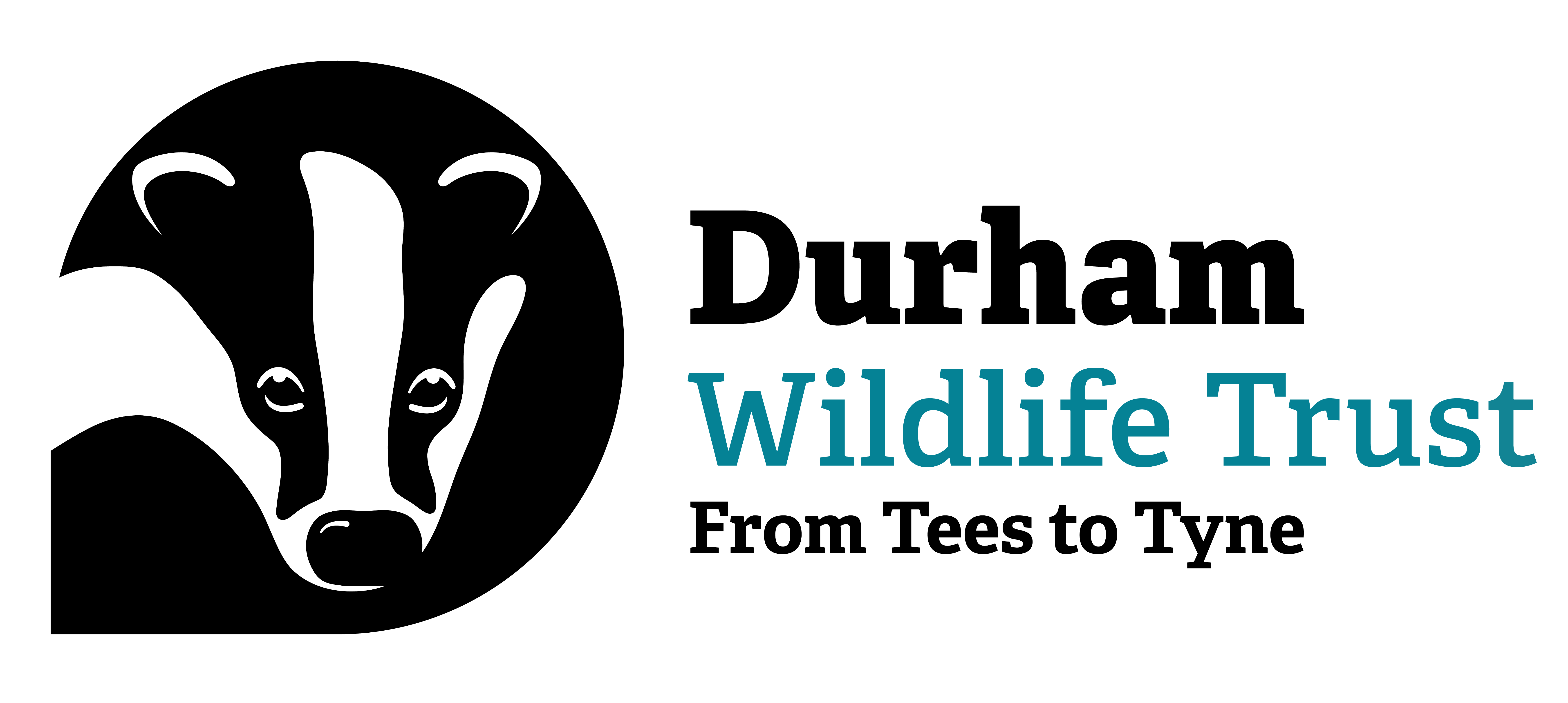Each year, the Marine Conservation Society’s Great British Beach Clean event brings thousands of volunteers together across the UK with one common goal – to clean up our beaches and collect valuable data to build a bigger picture of the state of our beaches, and to drive marine conservation efforts. Every piece of litter removed, and every survey completed, brings us one step closer to healthier oceans.
It’s been an incredible week on the coast for the Great British Beach clean so far, with a phenomenal turnout of support from volunteers! Volunteers from far and wide have joined us daily during this national movement, to pick up litter and record the types of waste that we are finding. From local volunteers and families, to businesses and universities, there has been a strong community spirit and shared commitment to protect our local coastal areas. We have seen people of all ages come together to make a difference. Over 100 dedicated volunteers have come together during the past week, to collect an outstanding total of 150 bags of litter from local beaches.
"A fabulous friendly community doing our best to keep our beaches beautiful for all who enjoy them and ensuring they are a safe environment for wildlife. It’s frustrating sometimes to see the state that beaches are left in by humans or by recent storms and high tides, but a great feeling of satisfaction at the end of a beach clean when we know we have made a difference." - Jane, Volunteer
















